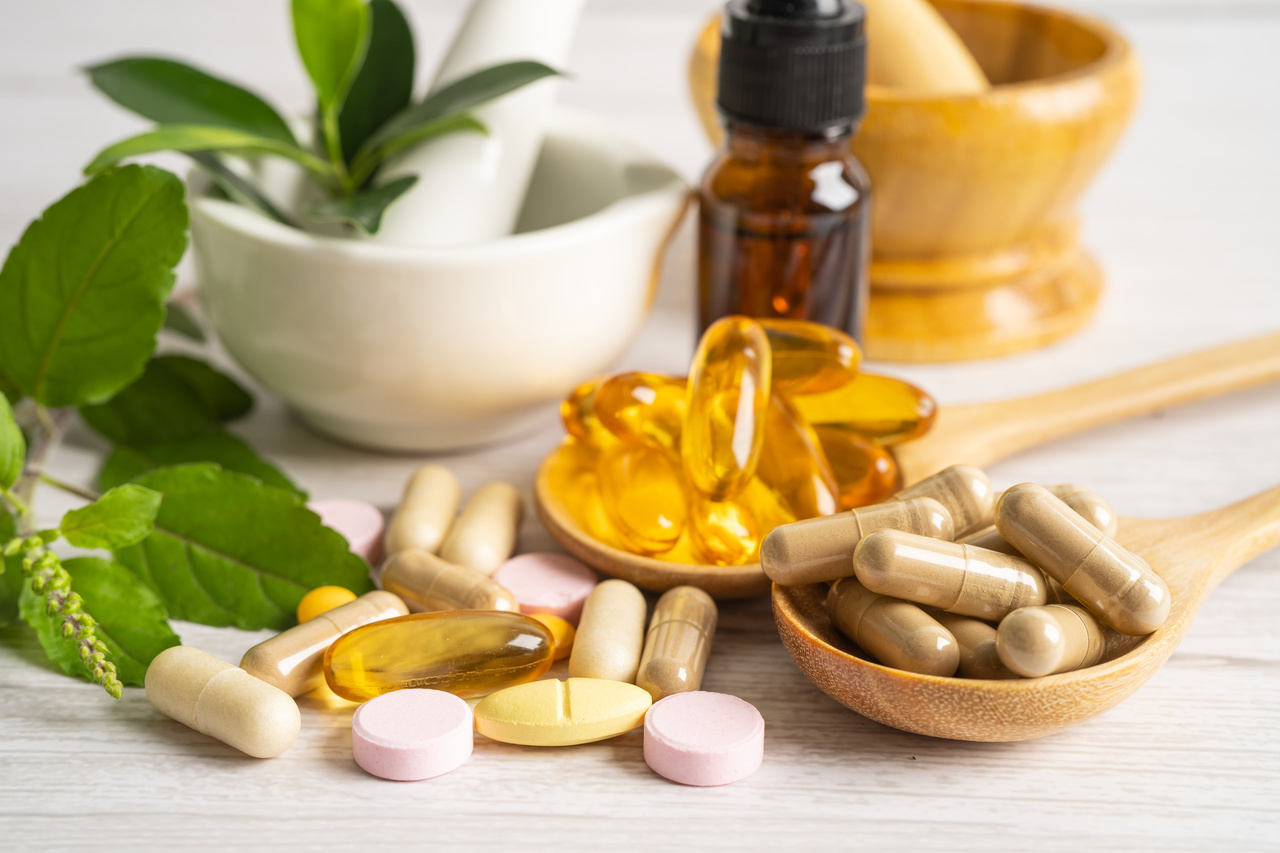FSA and FSS issue guidance on caffeine levels in food supplements

The Food Standards (FSA) and Food Standards Scotland (FSS) have issued guidance on food supplements with high levels of caffeine, following a case of a man dying after miscalculating the amount of caffeine powder he was meant to use. The FSA and FSS are reminding businesses to comply with food labelling so that customers can make more informed choices.
Food supplements can often contain higher levels of caffeine than coffee or some energy drinks. However, a survey conducted by the FSA and FSS found that many consumers have little to no knowledge that caffeine is in food supplements. Less than half of the people surveyed looked for the dosage instructions on the supplement packaging.
“Pure and highly concentrated caffeine supplements such as caffeine powder can be extremely potent,” said Chief Scientific Advisor at Food Standards Agency Professor Robin May. “So, you should always follow the dose instructions on the label and use appropriate measuring equipment to make sure it’s accurate.”
Labelling on products with high caffeine levels should include warnings of the higher dosage and recommendations that children and pregnant women should not use the product. The FSA and FSS have asked consumers to be mindful of caffeine levels in food supplements and advise caffeine intakes of up to 400mg per day.
All guidance on caffeine levels in food supplements can be found on the FSA website.





Please sign in or register for FREE
If you are a registered user on The FSQ Network, please sign in